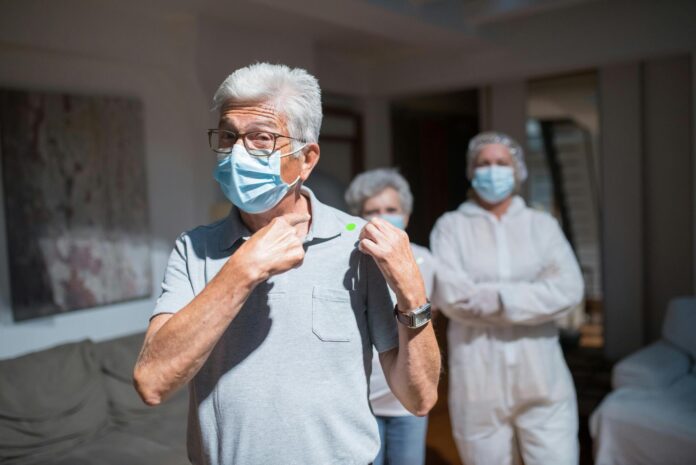Pneumonia is a serious lung infection that affects people of all ages, but older adults face the greatest risk. In fact, pneumonia is one of the leading causes of hospitalization among seniors. As the body ages, the immune system becomes weaker, making it harder to fight off infections.
The good news is that it can often be prevented. Vaccines are available that lower the chances of getting sick and help reduce the risk of severe complications. For seniors and caregivers, understanding the value of these vaccines is a key step toward better health.
Continue reading to get the complete picture.
Understanding Pneumonia
Pneumonia happens when germs infect the lungs and cause the air sacs to fill with fluid. This can make it hard to breathe. Common symptoms include fever, cough, chills, and chest pain. While anyone can get pneumonia, the danger is higher for older adults.
Health issues such as diabetes, heart disease, or lung disease can make pneumonia worse. In many cases, seniors with pneumonia need to go to the hospital for care.
Complications from pneumonia may include breathing trouble, longer recovery times, or even life-threatening conditions. Because of this, preventing pneumonia through vaccination is one of the most effective ways to protect health and independence.
How Vaccination Helps
Pneumonia vaccines work by training the body to recognize and fight the bacteria that cause the infection. When vaccinated, the immune system is stronger and ready to respond faster if exposed to those germs.
For seniors, this can mean fewer illnesses, fewer hospital visits, and better overall health. That’s why pneumonia vaccinations for seniors are such an important part of preventive care.
One of the biggest benefits of vaccination is that it helps protect against different strains of pneumonia. Even if a vaccinated person does get sick, the illness is often less severe. This means faster recovery and a lower risk of dangerous complications.
Types of Pneumonia Vaccines
There are two main vaccines used to protect older adults from pneumonia.
- PCV13
- PPSV23
PCV13, or pneumococcal conjugate vaccine, is recommended for adults sixty-five and older. PPSV23, or pneumococcal polysaccharide vaccin,e may be suggested for people with certain health problems or risks.
Not everyone will need both vaccines, but many adults benefit from receiving them at different times. The choice depends on health history and personal needs. Talking with a doctor is the best way to decide which vaccine is right and when to get it.
Accessing Vaccinations
Pneumonia vaccines are easy to find in most communities. They are offered at clinics, health centers, local health departments, and even many pharmacies. Some senior centers and community programs also provide vaccines to older adults.
Costs may vary, but insurance often covers part or all of the expense. Making an appointment is usually simple, and many clinics allow walk-ins. For seniors, keeping up with routine vaccinations is just as important as attending regular health checkups.
Supporting Healthy Living
Getting vaccinated is a powerful tool, but it is not the only one. Seniors can also protect themselves by building healthy habits. Regular doctor visits also make it easier to catch small health problems before they grow into bigger ones.
When older adults and their families understand how vaccines work, they are more likely to make choices that support long-term health. Knowledge leads to confidence, and confidence leads to action.
We’ve got more where this came from. Explore the blog now!
